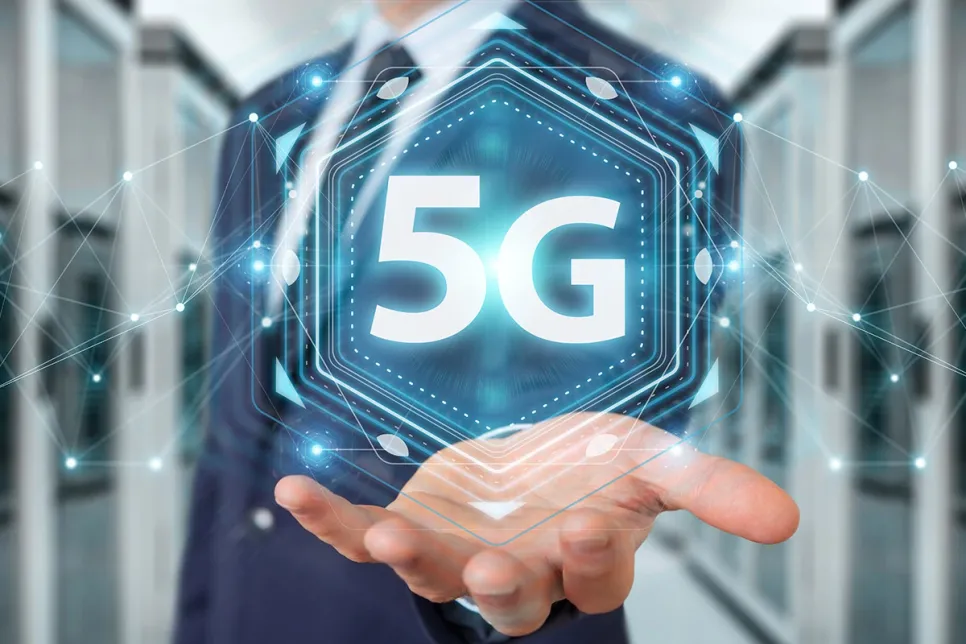Orange and Ericsson Deploy 5G Network for Madrid Public Safety
In a collaboration for the Madrid Council, Orange and Ericsson are equipping the city’s public and emergency services with advanced connectivity.

The International Commission on Nonâ€Ionizing Radiation Protection (ICNIRP) said it has found no evidence suggesting that 5G technologies might pose a risk to human health. The ruling follows a scientific field study that was going on for seven years.
Safety guidelines were last issued in 1998. In an update, the body detailed research covering 5G, AM and DAB radio, Wi-Fi, Bluetooth, and 3G and 4G phones. ICNIRP chair Eric van Rongen said in a statement that the most important outcome from its studies was that 5G technologies will not be able to cause harm when these new guidelines are adhered to. He added the suggestions were more appropriate than its prior guidelines, which were conservative in most cases.
The body based its guidance on scientific reports prepared for the World Health Organisation, the European Commission, national expert groups and continuous monitoring of new research. Van Rongen claimed the new principles offered better and more detailed exposure guidance in particular for the higher frequency range, above 6GHz, which is of importance to 5G and future technologies using these higher frequencies. ICNIRP outlined restrictions for frequencies above 6GHz.
The GSMA said the updated guidelines retained a high level of protection, with limits set well below the thresholds for established hazards for all radio frequencies from 2G to 5G. The Association said that the update won't alter the rollout of the next-generation networks, as measurements showed that total exposure from all 5G mobile communication signals remains similar to existing mobile networks and well below the updated international safety guidelines.